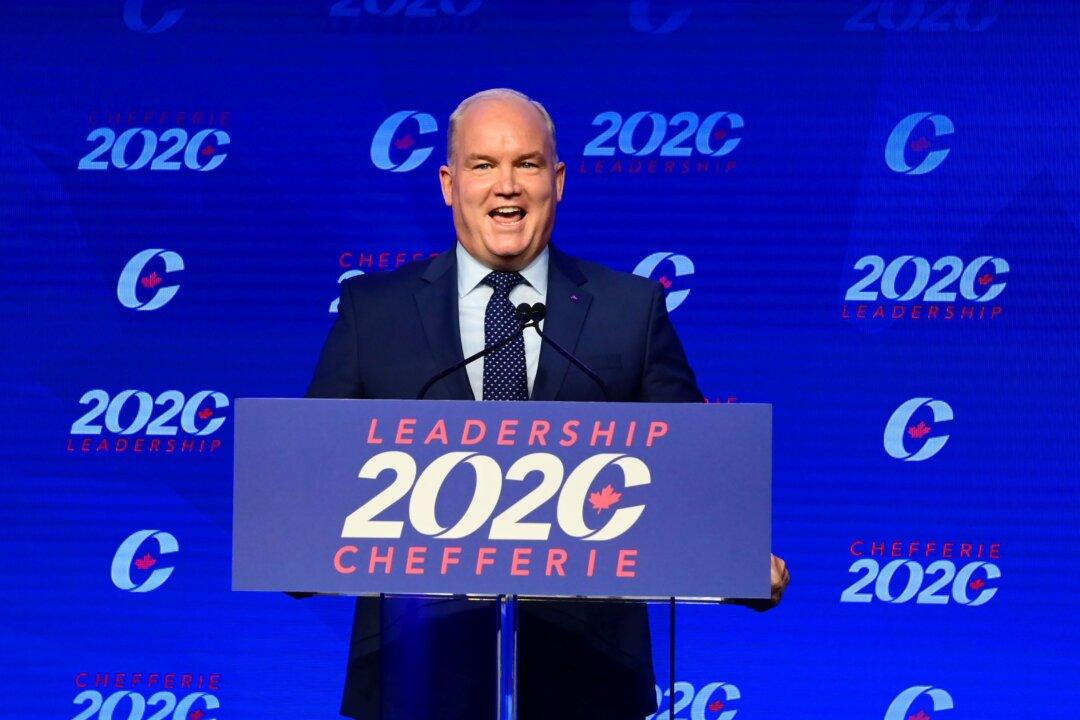Erin O’Toole reached out to all supporters of the Conservative Party to win the leadership race. The unanswered question is whether he can lead his party to electoral victory against the Trudeau Liberals.
The 47-year-old MP seemed unlikely to win just a month ago for those looking at polls for an indication, when a Maru/Blue poll suggested that former defence minister Peter MacKay was the favoured choice of 55 percent of Conservative Party voters and that O’Toole was the choice of just 23 percent of voters.





